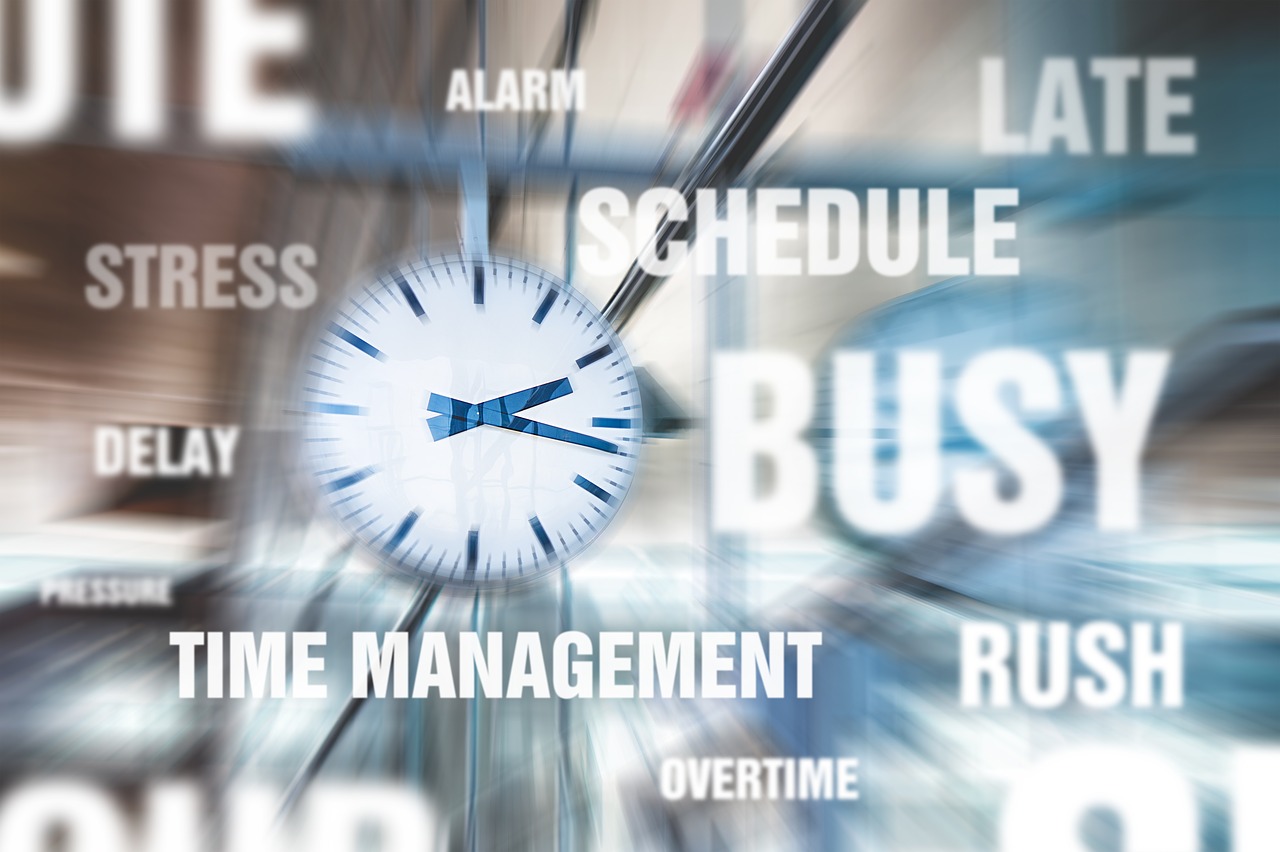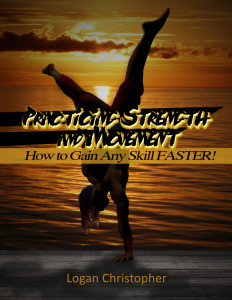“Hey Logan, I notice you mentioned that best strength tends to occur in the afternoon. Is that just something you’ve noticed for yourself anecdotally or is that something you’re saying is true for generally everybody based on some research you’ve come across?”
Vince
I casually mentioned this benefit of afternoon workouts in a previous post, regarding some other topic. Today we go deeper into why doing your training at specific times may give additional benefits.
First of all, let me start out by saying that training anytime is better than not training at all.
If you can only workout at midnight, then you gotta do what you gotta do. Moving forward, what follows is if you have some flexibility in your schedule and can choose when you workout.
We’ll be diving into the research on the subject, as well as my personal experience.
Over the years, I have worked out in the mornings, around noon, and in the evenings. Even recently, I’ve still been switching it up.
The effect of training at a specific time of day: a review, is a good place to start. Why? Because it’s a review, so it’s looked at all the other research to pull out the generalities. This was done in 2012 so it’s fairly recent too.
What they state is pretty straight-forward:
“To date, although the effect of time of day on aerobic performances appears to be equivocal, during anaerobic exercises, the effect of time of day has been well established with early morning nadirs and peak performances in the late afternoon.”
In layman’s terms, cardio is fine anytime. But if you want to exert strength, then afternoons are best.
And this is something I have noticed with myself, particularly with lifting weights. If I train in the morning, my body doesn’t feel as “awakened” as it does noon time or later. Then I’m able to more easily use my strength.
Like I said, this is more apparent with weights, than with bodyweight exercise. It may be the general higher skill component of the later vs. using brute strength.
They do state that adaptation to a certain training time supersedes this difference. You get used to training in the morning and you’ll do just fine…though maybe not quite as fine as if you were training in the afternoon and adapted to it.
When it comes to skill work, something I discuss in Practicing Strength and Movement, morning time may be better. In general, you’ll be fresher which is good when you have something to practice. Of course, the line can get blurry between strength and skill, so you’ll need to judge for yourself.
Take my trainings right now. I’m doing a lot of bodyweight work, as well as grip. Morning time is working fine for this. But when I was doing heavy kettlebell snatching before, or more weight lifting before that, I was using the afternoons much more.
One of the hypothesized reasons for this afternoon training effect is a higher body core temperature. Being warmed up, you’re ready to exert more. Of course, this can be a negative effect depending on the afternoon temperatures of where you live.
Another study, Effects of exercise timing on sleep architecture and nocturnal blood pressure in prehypertensives, looked at how aerobic training at 7am, 1pm and 7pm affected sleep, as well as blood pressure.
They found that the 7am group slept best and blood pressure. However, this was a small 20 subject study. It’s possible that other reasons led to that better sleep, like maybe getting up earlier, or getting some sunlight in the eyes in the early morning (which regulates serotonin, and in turn melatonin) as they headed to the laboratory.
What I don’t generally recommend is late evening training.
For many people this is going to disrupt their sleep to some degree. If that’s your only choice, go for it, but other than that I wouldn’t generally recommend it. Do your training at least a few hours before your go to bed.
There is one other benefit I want to mention about training in the morning time: You get it done.
Then nothing that happens during your day can get in the way. Sometimes, when I’ve done afternoon training, I’ve fatigued myself working, and didn’t have sufficient energy left to give my training my all.
To sum up, it is worth trying different times of training for yourself to see what works. This will depend on you, including how you sleep and if you’re a morning person or not. It will depend on the type of training that you do. And it will definitely depend on your schedule.


